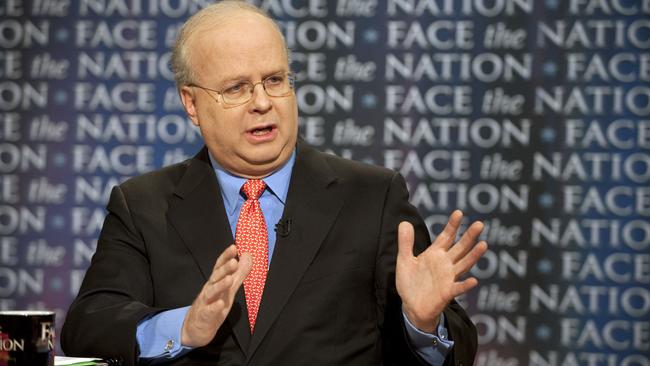Republicans, Democrats both lose without border wall compromise
The only way America doesn’t lose in the shutdown drama is if both parties win something through negotiations.

Trump held a weak hand when the controversy started. A December 18 Quinnipiac University poll found 43 per cent of voters supported “building a wall along the border with Mexico”, while 54 per cent opposed it — and that may overstate support for the President’s position.
Still, Pelosi and Schumer were the first to suffer a setback. They taunted Trump during their televised December 11 Oval Office summit, saying house Republicans didn’t have the votes to pass the President’s $US5 billion ($7.07bn) in border-wall funding, which they called the necessary first step for negotiations. “The house Republicans could bring up this bill, if they had the votes, immediately, and set the tone for what you want,” Pelosi declared. Schumer rubbed salt in the wound, telling the President, “You don’t have the votes in the House”. When Trump protested he would have the votes “if I needed” them, Pelosi responded, “Well, then go do it.”
So he did. On December 20, house Republicans passed a funding bill that included the President’s $US5bn request for building the wall. But Democrats responded in the easiest way possible. They did nothing, knowing Republicans don’t have the necessary 60 votes in the Senate.
Instead, they demand Trump abandon any request for wall funding. Negotiations have gone nowhere, since Democrats are confident that the shutdown will be unpopular, and Trump will take more blame for it than they will. The calendar is also on their side. If they run out the clock until January 3, the new congress is sworn in, and a Democratic house majority replaces the Republican one. The bill that passed the house before Christmas with $US5bn in wall money dies, leaving Republicans in a weaker, not stronger, position.
Pelosi could then quickly send a new spending bill to the Senate. The only question is whether it would include the $US1.6bn in wall funding Democrats offered in early December, the $US1.3bn they floated before Christmas, or nothing. During the December 11 meeting, Schumer offered Trump $US1.571bn, the same amount of funding that was in last year’s appropriations for the Homeland Security Department. But it’s unclear if he could even deliver that now. Schumer would need seven or eight Democratic senators to avoid a filibuster, and his party’s grass roots want to defeat Trump whenever possible. Compromise is a dirty word to them. Congressional Democrats who negotiate are potential traitors.
Still, the shutdown could ruin the nation’s introduction to the Democratic house. Congress already has lousy ratings, 20.1 per cent approval to 68.9 per cent disapproval in the RealClearPolitics average, and while it’s likely a plurality will blame Trump and Republicans for the shutdown, a majority of Americans are likely either to blame both parties equally or to blame Democrats.
This inauspicious beginning will be followed by a tsunami of letters, demands and subpoenas to the Trump administration from newly installed house Democratic committee chairmen. By January’s end, many Americans could easily decide that, rather than acting as a check on Trump, Democratic house control means more obstructionism, hyperpartisanship and political games and less progress. The President believes this is his path to re-election. He may be right.
If Democrats were wise, they would offer some wall funding in return for something more popular, like a path to citizenship for illegal aliens brought to the US as children, who know no other country as home except this one. That way Trump would get some of his wall funding, the nation would end a situation that a vast majority want resolved, and Americans might sense that Washington is stumbling into a compromise the country needs and wants. Not a bad way to start the new year.
The only way America doesn’t lose is if both parties win something through negotiations. We’ll soon see if the nation’s leaders, Republicans and Democrats, understand this.
Karl Rove twice masterminded the election to the White House of George W. Bush
-
The Wall Street Journal




All the actors in the government-shutdown drama have seen their standing suffer with the public. That includes Senate minority leader Chuck Schumer, speaker-designate Nancy Pelosi and her House of Representatives Democrats, and Donald Trump and congressional Republicans.